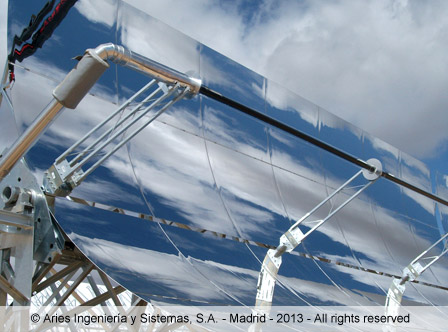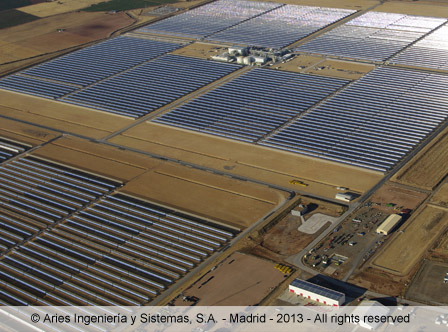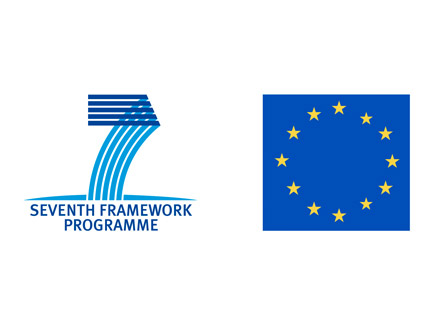PROJECTS



The NECSO project, led by IK4-TEKNIKER, consists of using nanotechnology to design coatings for tubes destined for solar plant builders.
Companies and private individuals are increasingly relying on renewable energies as a sustainable way of maintaining their current energy consumption. However, price is a fundamental factor in the competition among the various energy sources to win a share in the mix of energies on the various markets.
Solar concentration technology is one of the systems with the greatest potential on this scenario, given its proven track record spanning two decades of industrial exploitation, and its margin to be able to work at a higher operating temperature, which would make the conversion into electrical power considerably more efficient. However, if that potential is to be exploited, significant advances need to be made in the transformation of heat into electrical power.
One of the fields for achieving this aim is research into the heat absorbing coatings of the tubes that transport the transmission fluid. It is reckoned that the current fluid temperatures of about 400ºC could be increased to 600ºC if enhanced coatings were used; that way it would be possible to increase the performance of the electrical plant by as much as 10%.
That is why the 7th Framework Programme has promoted the NECSO project with a grant of nearly 2 million euros; it is led by
IK4-TEKNIKER and has the collaboration of another six R&D centres and companies in Spain, Switzerland, Slovenia, Belgium and France. The initiative involves using nanotechnology to design coatings for tubes destined for the builders of solar plants; they guarantee a useful life of between 20 and 25 years and will enable the generation of solar energy to be made much more efficient.
Growth in concentrated solar power
The technology, based on the parabolic trough system, is the most developed in terms of operational experience as well as technical research among all the systems involving concentrated solar power. As a result, over 1,500 MW have been installed already, and it is estimated that plants being built worldwide have the capacity for an additional 10 GW, 10% of which is in China. However, there is still a lack of knowledge about the mechanisms involved in the degradation of these solar absorber coatings and how the degradation of the coatings could affect the performance of the heat absorbing coatings throughout their useful life.
The mission of IK4-TEKNIKER and its partners in the NECSO project is to establish characterisation methods and standardization protocols to guarantee improved performance, durability and quality control in order to come up with coatings that will allow temperatures of 600ºC to be reached while maintaining performance throughout the useful life of the coatings.
Technical aims
Selective solar coatings are a special case in the world of industrial coatings, since it is necessary to combine several layers with different properties, like antireflection, solar absorbance and infrared mirror. Among all the coatings of this type, those used by parabolic trough technology are the ones subjected to the most demanding conditions of operation and quality, owing to the high working temperatures and to the fact that the homogeneity of the coating layers throughout the tube length is critical if good performance is to be guaranteed. The members of the NECSO project are working with a precision of 5 nanometres.
The project is seeking, on the one hand, to correlate layer properties on a nanometric level, like nanohardness or crystallography, with performance requirements, and on the other, to develop characterisation and degradation protocols as a tool for the producers and users of the coatings.
This project has received funding from the European Community's Seventh Framework Programme (FP7/2007-2013) under grant agreement n° 310344.



